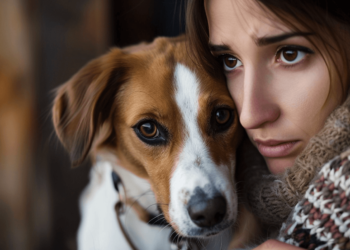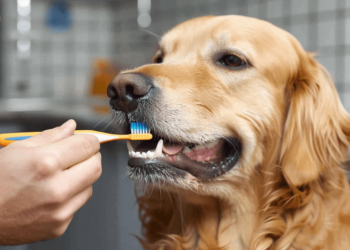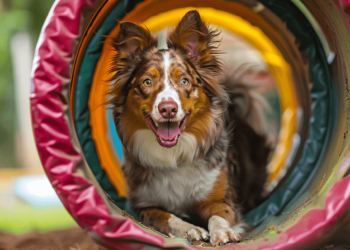How to Choose the Right Dog for You
Owning a dog or puppy brings immense joy to millions, but selecting the right breed requires careful consideration. It’s not just about picking a cute face; it’s about ensuring a harmonious relationship between you and your future pet. This article guides you through the essential factors to consider, from assessing your lifestyle and exploring dog…
Assessing Your Lifestyle
Choosing a breed that matches your lifestyle is crucial for a happy pet-owner relationship; consider your schedule, activity level, and family dynamics.
Owning a dog is a substantial responsibility. If you have limited time for exercise or are frequently away from home, selecting a high-energy breed can lead to frustrations for both you and your dog. If you work long hours and have a busy schedule, breeds like Greyhounds, which are known to be couch potatoes, might be a better fit than highly energetic breeds like Border Collies. Conversely, if you enjoy outdoor activities and have plenty of time for exercise, a breed like a Labrador Retriever or an Australian Shepherd might be ideal, as they thrive on physical activity and mental stimulation. For a family with young children, a patient and gentle breed like a Golden Retriever can be an excellent choice, while a quieter breed like a Basset Hound might suit a household with older adults or less active members.
Exploring Dog Breeds
Explore different breeds by visiting dog shows, joining breed clubs, and checking local shelters to find the best fit for your home and lifestyle.
With countless dog breeds available, the choice can be overwhelming. A practical way to learn about different breeds is to visit a large dog show. Here, you can see various breeds up close, observe their behaviors, and ask questions to current owners. Attending events like the Westminster Kennel Club Dog Show can give you a comprehensive view of breeds ranging from the tiny Chihuahua to the majestic Great Dane. Observing these breeds in person can help you understand their size, temperament, and energy levels.
Joining breed-specific clubs or forums online can provide valuable insights from experienced owners who share their experiences, challenges, and joys of owning specific breeds. Visiting local animal shelters allows you to see a variety of breeds and mixed breeds that might not be present at breed-specific events, giving you a broader perspective on available dogs.
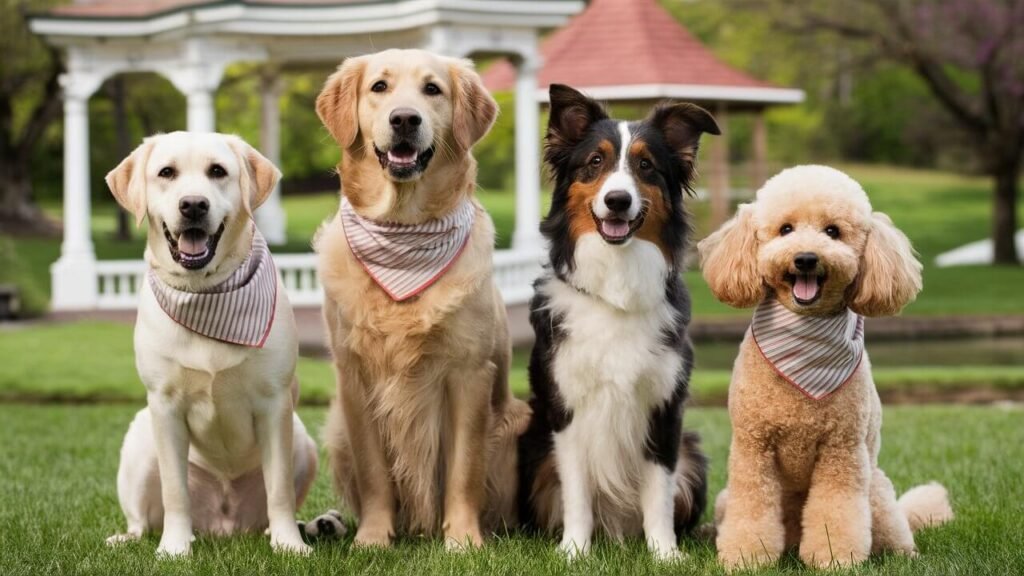
Researching Breed Characteristics
Research breed-specific needs such as health concerns, temperament, and potential allergens to ensure you’re prepared for the responsibilities of dog ownership.
Before making a decision, gather as much information as possible about the breed you’re interested in. Consider these factors:
- Cost of Ownership: Can you afford the food and care required for the breed? For example, a Saint Bernard will have significantly higher food costs than a smaller breed like a Shih Tzu.
- Living Environment: Do you have adequate space for the dog? A Border Collie might not be suitable for a small apartment, whereas a French Bulldog could adapt well to smaller living spaces.
- Exercise Needs: Can you meet the breed’s exercise requirements? Breeds like Siberian Huskies need extensive exercise, while breeds like Basset Hounds are more low-key.
- Health Concerns: Some breeds, like Pugs and Bulldogs, are prone to specific health issues such as respiratory problems, which might require extra veterinary care and costs.
- Temperament: Breeds like German Shepherds are known for their loyalty and protective nature, which can be great for security but may require firm training and socialization.
- Allergies: If someone in your household has allergies, you might consider hypoallergenic breeds like the Poodle or the Bichon Frise, which are less likely to cause allergic reactions.
Considering Growth and Long-Term Needs
Remember, puppies grow; be prepared for increased food, space, and exercise needs as they mature into adult dogs.
Puppies are adorable, but they grow into adult dogs that may have different needs. Be prepared for the increased food, space, and exercise requirements as your puppy matures. A Great Dane puppy may seem manageable at first, but as it grows, it will require a large living space and considerable food. If you’re not prepared for these changes, consider a smaller breed that stays more consistent in size. Breeds like the Boxer start as energetic puppies but maintain their high energy levels into adulthood, requiring consistent exercise and mental stimulation throughout their lives. Smaller breeds like Dachshunds often live longer than larger breeds like Bernese Mountain Dogs. Considering the potential lifespan can help you prepare for the long-term commitment.
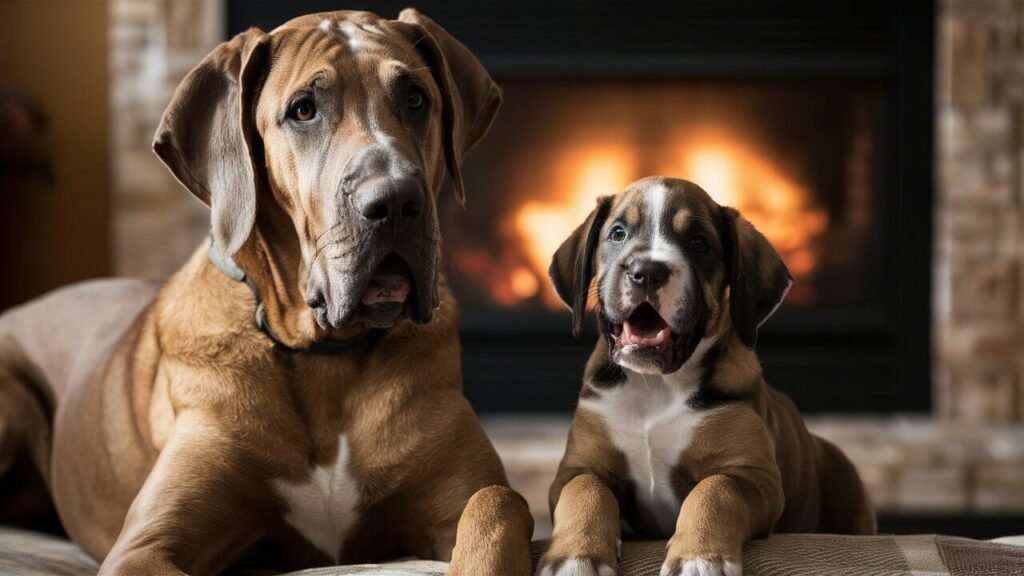
Practical Aspects of Specific Breeds
Consider the practical care requirements of specific breeds, including grooming, reproductive needs, and training demands, to ensure you can meet your dog’s needs.
Different breeds come with unique care requirements. Long-haired breeds require more grooming time, while female dogs need special attention when they come into season twice a year to prevent unwanted mating. For example, breeds like the Afghan Hound have long, flowing coats that require daily brushing and regular grooming appointments. On the other hand, short-haired breeds like the Beagle require minimal grooming. If you choose a female dog, be aware that breeds like the Cocker Spaniel will come into heat twice a year, necessitating extra care to avoid unwanted pregnancies. Intelligent breeds like Border Collies and Poodles require mental stimulation and training to keep them engaged and prevent destructive behavior, while breeds like the Bulldog are more laid-back and less demanding in terms of training.
Adopting Adult Dogs
Adopting an adult or senior dog can be rewarding, offering a well-trained, settled pet that fits seamlessly into your home.
While many people prefer to start with a puppy, there are numerous adult dogs in need of loving homes. These dogs are often well-trained and can adapt quickly to a new family environment. Adopting from rescue organizations like the ASPCA or your local animal shelter can introduce you to adult dogs who are already house-trained and socialized. For instance, a mature Golden Retriever from a rescue may be well-mannered and ready to integrate into your home seamlessly. Many breed-specific rescues focus on rehoming adult dogs of particular breeds, such as Greyhound rescues, which can match you with a retired racing dog that is calm and gentle. Adopting senior dogs can be incredibly rewarding, as these older dogs are often calmer, more settled, and require less intensive exercise than younger dogs.
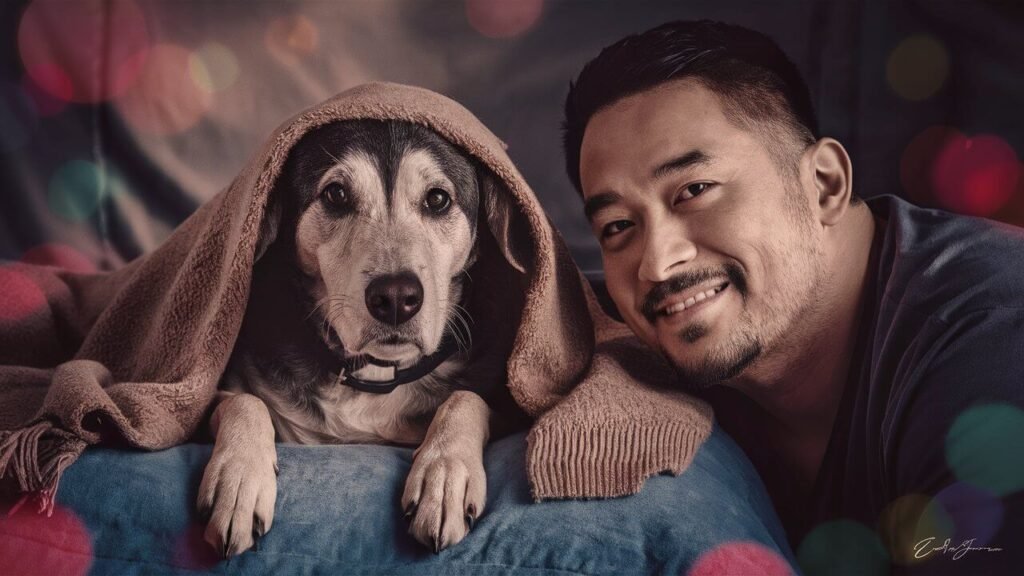
Financial Considerations
Factor in the ongoing costs of veterinary care, nutrition, and routine maintenance to ensure you can financially support your dog’s needs throughout its life.
Owning a dog involves various expenses beyond the initial purchase price. Consider the cost of veterinary bills, health and insurance cover, and specific nutritional requirements. Breeds like Bulldogs may have higher veterinary costs due to their predisposition to certain health issues like respiratory problems. Pet insurance can help mitigate these expenses, but it’s important to factor these costs into your budget. Some breeds, like the German Shepherd, may require specific diets to maintain their health, leading to higher food costs compared to less demanding breeds like the Jack Russell Terrier. Some breeds, like the German Shepherd, may require specific diets to maintain their health, leading to higher food costs compared to less demanding breeds like the Jack Russell Terrier. Regular expenses such as vaccinations, flea and tick prevention, and dental care add up over time and should be considered in your financial planning.

Conclusion
Taking the time to think about these important questions before buying a dog or puppy will help ensure you choose the right breed for your lifestyle. More importantly, it will ensure that you can provide a loving and suitable home for your new pet. Careful planning and consideration will lead to a fulfilling and joyful relationship between you and your dog.



